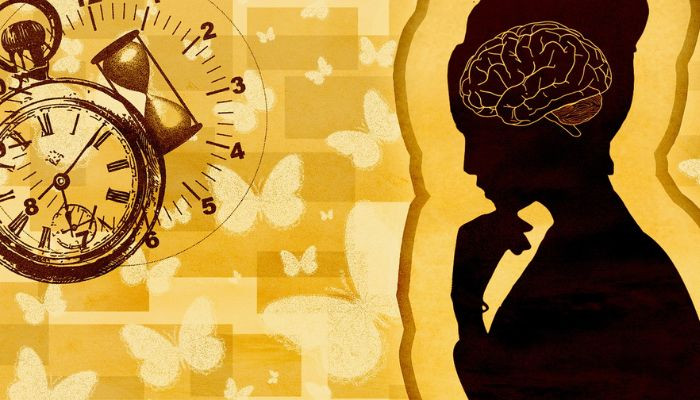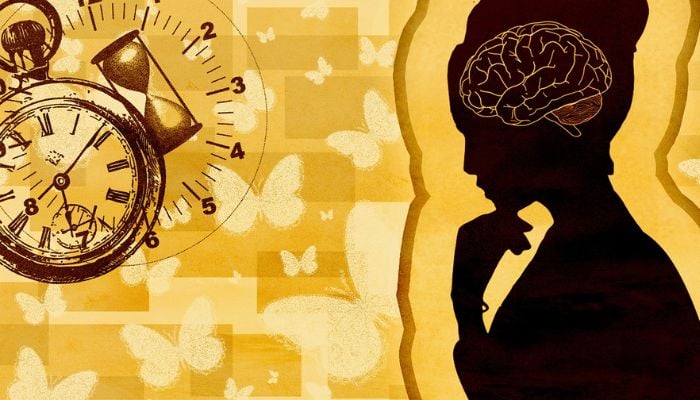How do you know if you have ADHD?
Attention Deficit Hyperactivity Disorder (ADHD) is a neurodevelopmental disorder that affects individuals of all ages. It is often associated with difficulties in maintaining attention, suffering from impulsive behaviour, and hyperactivity.
Although ADHD is typically diagnosed during childhood, many people remain undiagnosed until adulthood. ADHD in adulthood can therefore be hard to pick. It is estimated that approximately 4% of adults in the United States have ADHD. If you are an adult who suspects that you may have ADHD, here are some signs to look out for:
Symptoms of ADHD in adults
The symptoms of ADHD in adults can vary depending on the individual. However, some common symptoms include:
Difficulty in maintaining attention: Adults with ADHD may struggle to maintain focus on tasks for longer periods of time compared to neurotypical people, often becoming easily distracted or forgetful.
Impulsivity: People with ADHD may act without thinking, resulting in impulsive behaviour, which can have negative consequences.
Hyperactivity: While hyperactivity in adults may present differently than in children, adults with ADHD may still feel restless, fidgety, or have trouble sitting still.
Poor time management: Those with ADHD may also struggle to manage their time effectively, leading to chronic procrastination, lateness, missed deadlines, or forgetfulness.
Difficulty with organisation: Individuals with ADHD may struggle with organisation and keeping track of things, leading to clutter and disorganisation.
How ADHD is diagnosed in adults
Diagnosing ADHD in adults can be challenging since many of the symptoms of ADHD in adults can overlap with other mental health conditions, such as depression or anxiety. An ADHD diagnosis typically involves a thorough evaluation by a mental health professional. This evaluation may include:
Comprehensive medical history: A healthcare provider will typically ask questions about the individual’s medical history, maybe diving into childhood, including any history of mental health conditions, medications, and family history of ADHD.
Behavioural assessments: A provider may use assessments such as the Adult ADHD Self-Report Scale (ASRS) to evaluate an individual’s symptoms.
Psychological testing: In some cases, a provider may perform psychological testing to rule out other potential causes of symptoms.
ADHD treatment for adults
If an adult is diagnosed with ADHD, there are several treatment options available. ADHD treatment for adults includes:
Medication: Medications such as stimulants and non-stimulants can be effective in managing symptoms of ADHD.
Behavioural therapy: Behavioural therapy, such as cognitive-behavioural therapy (CBT), can be effective in helping individuals develop coping strategies for managing ADHD symptoms.
Lifestyle changes: Making lifestyle changes such as increasing physical activity, getting enough sleep, and improving diet can help individuals manage ADHD symptoms.
However, it is important to note that self-medication is never an option. If you experience any such symptoms, make sure to consult a professional.
For all the latest health News Click Here


